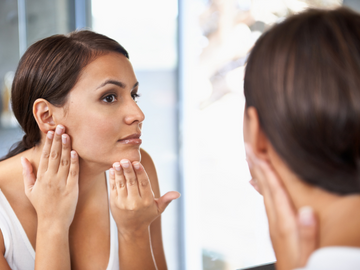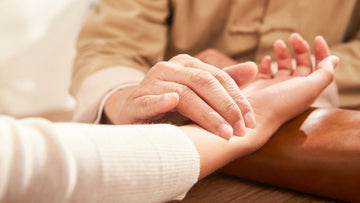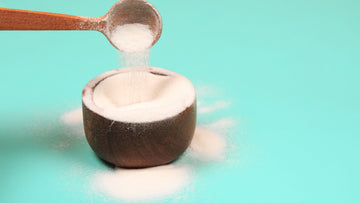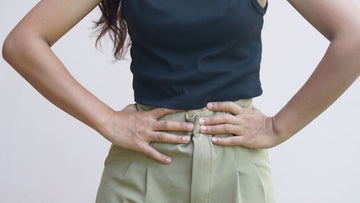
For many of us, coffee is a cherished daily ritual. But for those struggling with acne, the question often arises: does coffee make breakouts worse?
The answer is a bit complex. Here's the breakdown:
Not a Direct Cause, but a Potential Trigger
Studies haven't conclusively shown that coffee directly causes acne. However, for some individuals, coffee can exacerbate existing acne.
The Culprit? Stress and Sugar
One key factor might be the stress response triggered by caffeine. Coffee can elevate cortisol levels, a stress hormone that increases oil production in the skin, potentially leading to breakouts. Additionally, sugary coffee drinks loaded with syrups and creams can contribute to acne due to their impact on blood sugar and hormones.
But There's More to the Story
While the stress response and sugar overload are well-known culprits, the impact of coffee on acne goes deeper:
- Dehydration: Coffee is a diuretic, meaning it increases urination and can lead to dehydration. Dehydrated skin is more prone to irritation and breakouts.
- Inflammation: Some studies suggest caffeine may contribute to low-grade inflammation in the body, which can worsen acne.
- Gut Health Disruption: Coffee can temporarily affect the gut microbiome, the delicate balance of bacteria in your gut. A disrupted gut microbiome has been linked to various skin issues, including acne.
- Dairy Alternatives and Hidden Additives: For those who use dairy alternatives in their coffee, it's important to check the ingredients. Some dairy substitutes contain seed oils and other additives that can cause acne. These ingredients can promote inflammation and disrupt the skin's natural balance, leading to breakouts.
Listen to Your Skin
Ultimately, the best approach is to be mindful of how your skin reacts to coffee. If you notice a flare-up after a cup, consider cutting back or trying a decaf option.
Remember:
- Stay Hydrated: Drink plenty of water throughout the day to keep your skin hydrated.
- Prioritize Sleep: Aim for 7-8 hours of sleep to minimize stress hormone levels and promote skin healing.
Everyone's skin is different. What triggers breakouts in one person might not affect another. By paying attention to your body's signals, you can make informed choices that support your skin's health.





